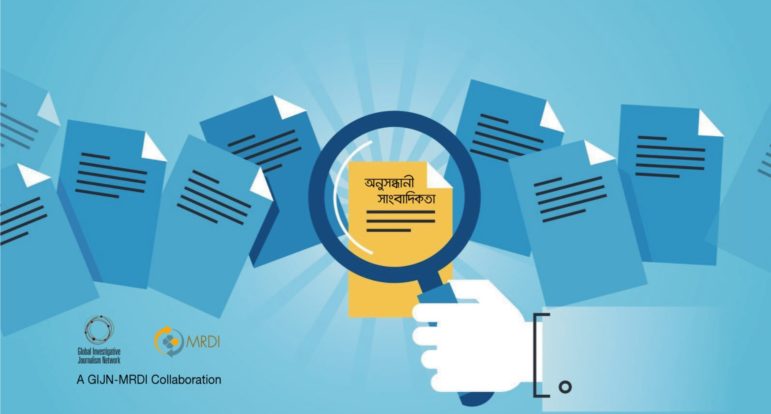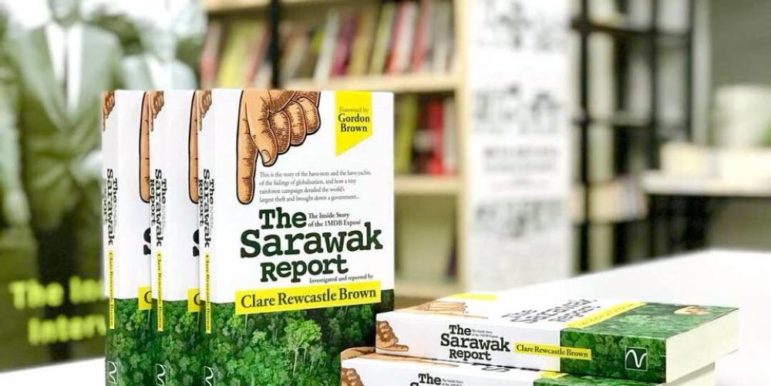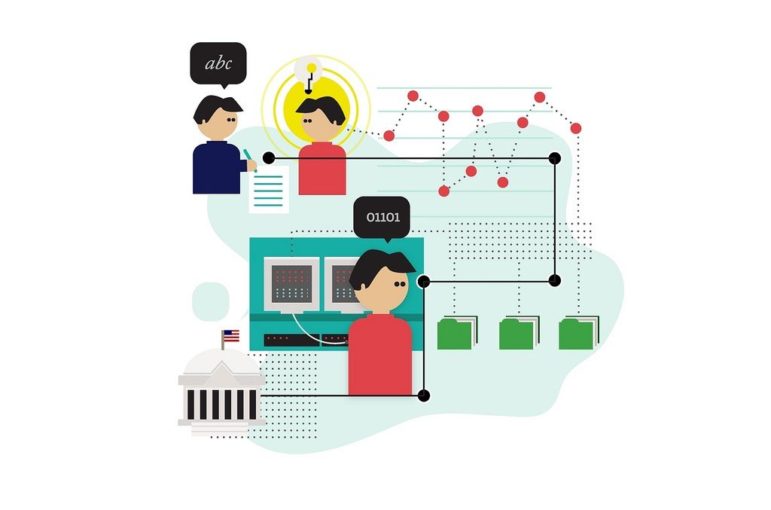Resource
Who Owns that Corporation? Check Out GIJN’s New Resource on Corporate Records
GIJN has prepared a new resource page to help reporters dig up information about corporations. With the proliferation of nonprofit, free databases that collect relevant information, journalists can easily find out more about corporations than ever before. We highlight and describe these troves, as well as relevant commercial databases.









